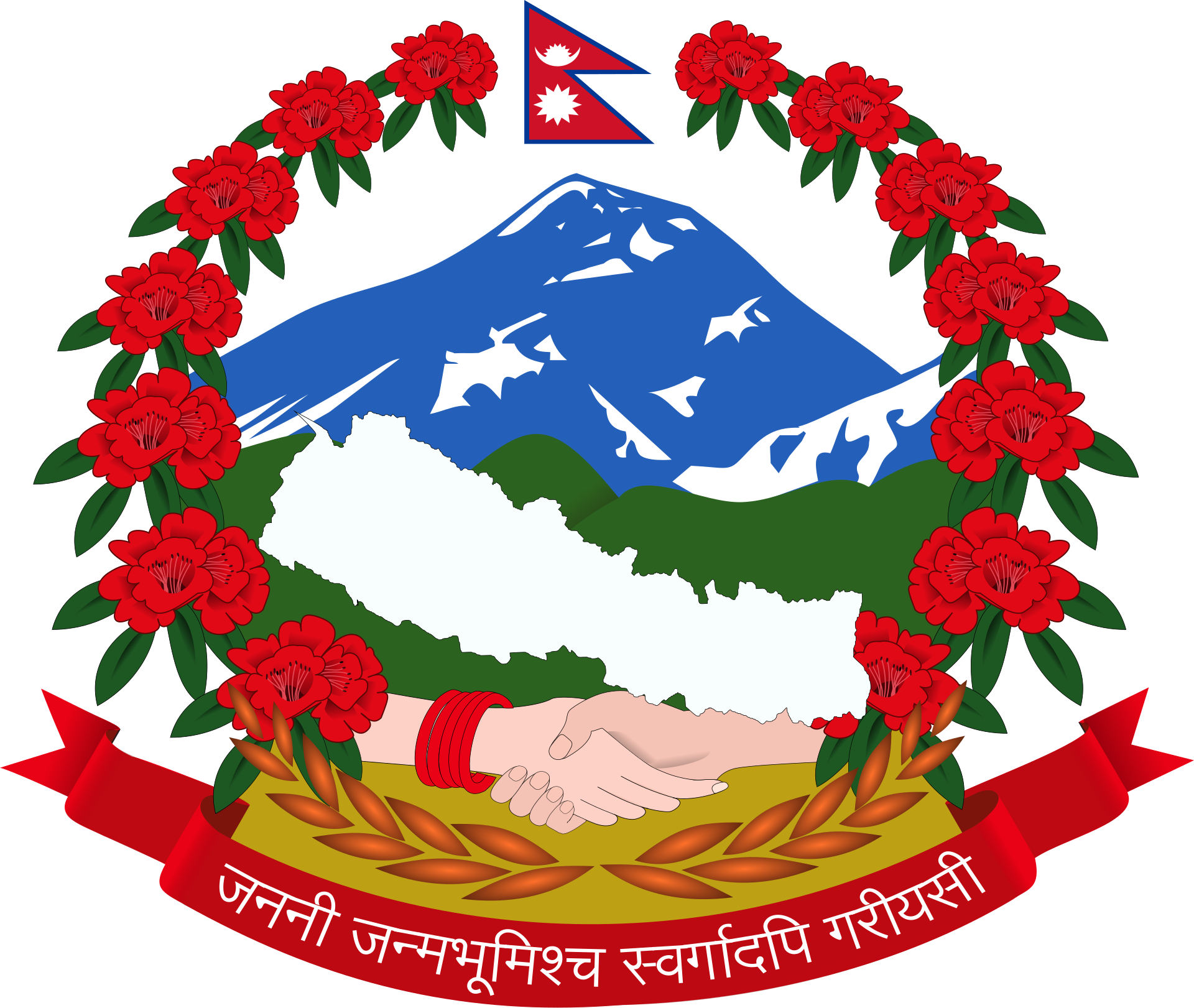प्रतिनिधि सभा सदस्य निर्वाचन, २०८२
दिन बाँकी


Important Notice

A.D.:
Nepal Samvat: 1146 CHILLAGA DWITIYA - 17



A.D.:
Nepal Samvat: 1146 CHILLAGA DWITIYA - 17
September 04, 2025, 07:14 PM
Welcome Remarks by Honourable Dr. Arzu Rana Deuba
Minister for Foreign Affairs of Nepal
at the Networking Dinner Reception
2025 Asia-Pacific Care Forum
The Soaltee Hotel, Kathmandu
Thursday, 4 September 2025, 1830 hrs.
Christine Arab, Regional Director, UN Women Regional Office for Asia and the Pacific
June Kunugi, Regional Director, UNICEF Regional Office for East Asia and Pacific
Sanjay Wijesekera, Regional Director, UNICEF Regional Office for South Asia
Hanaa Singer-Hamdy, UN Resident Coordinator in Nepal
Patricia Fernandez Pacheco, Country Representative, UN Women Nepal
Excellencies,
Dear Participants,
At the outset, let me extend my sincere thanks to the organizers for hosting this important event.
This event could not be more timely and pertinent as the care is of paramount importance.
From homecare to daycare and childcare to healthcare, the demand for care work is increasing.
As the care work involves in supporting the well-being of others, especially children, older persons, and persons with disabilities, this is not only a profession, but also a service to humanity.
This is an integral part of our culture.
It ensures the well-being of individuals throughout their lives, from childhood to old age.
Living in joint family with taking care of each member of the family is the fundamental tenets of Nepali society.
Despite its critical role, care work remains undervalued, underserved, and underfunded.
It is often overlooked in economic calculations.
Most often, women are engaged in unpaid and domestic work.
The disproportionate burden of unpaid care work continues to hinder women’s active participation in the economy and public life.
Globally, it is estimated that unpaid care work alone is equivalent to nearly 2 billion people working full time without pay- amounting to around 9 percent of global GDP that is USD 11 trillion.
Excellencies,
Dear Participants,
Nepal has long recognized the importance of care services and has taken progressive steps in addressing these issues.
Through various government initiatives, care programs have been implemented, including Early Childhood Education and Care (ECEC), Child Care Homes, Old Age Homes, Day Care Centers for the elderly, shelters for Persons with Disabilities, and Safe Houses for women and other vulnerable groups.
These services, run by the government, private sector, and civil society organizations, have been instrumental in addressing the care needs of our people.
Recognizing the critical role of care in advancing gender equality, Nepal has incorporated the concept of care into its 16th periodic national plan.
The National Planning Commission serves as the focal agency for care.
The Ministry of Women, Children, and Senior Citizens is leading efforts to integrate care policies into the national gender equality framework.
The National Gender Equality Policy aims to recognize and incorporate unpaid care work into national economy.
Excellencies,
Though we have been working to integrate care work into our policies and plans, challenges persist.
The challenges include a lack of comprehensive policies and public awareness, gender inequality, insufficient skill development for caregivers and limited investment in care infrastructure.
We consider care as public goods.
Investing in care should not be considered as liability. It is an investment.
It has multiplier effects in family, society and national economy.
We understand investing in care economy is the pathway to economic growth and gender equality.
Addressing these issues and investing in care economy requires a multi-sectoral and whole-of-state approach involving increased investment, policy development, capacity building, training, and awareness campaigns.
Nepal is making efforts to improve care economy.
We are eager to learn from global best practices and collaborate with international partners in this regard.
I believe, our efforts and our cooperation will be instrumental to enhance care work for the benefit for all
I thank you.
